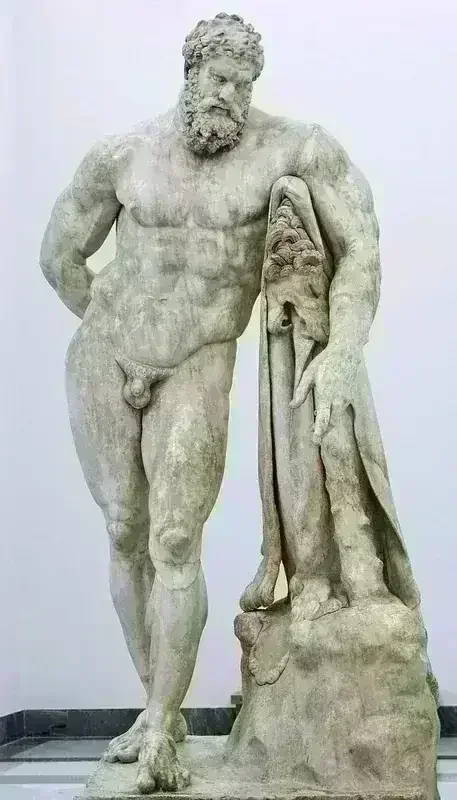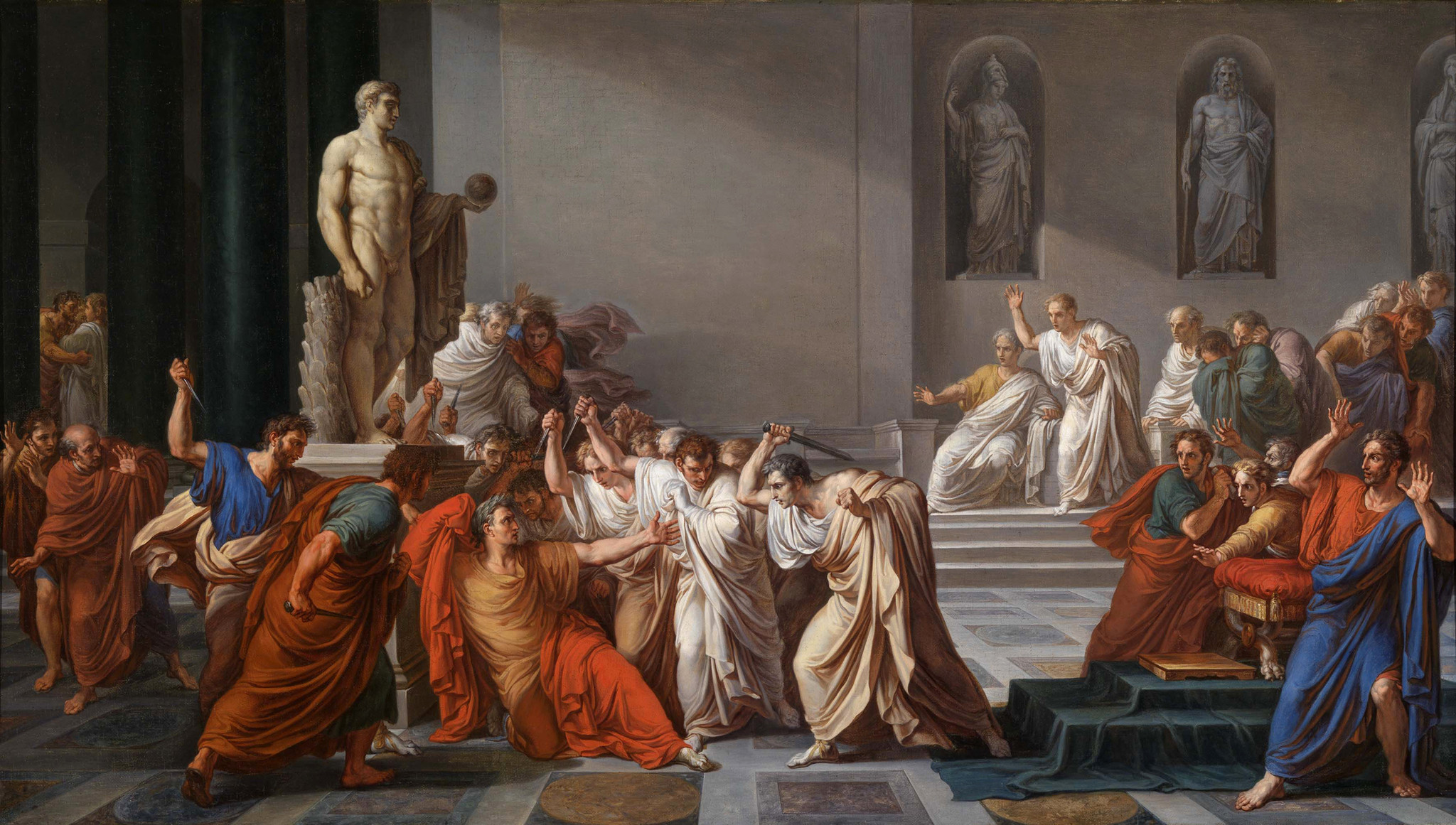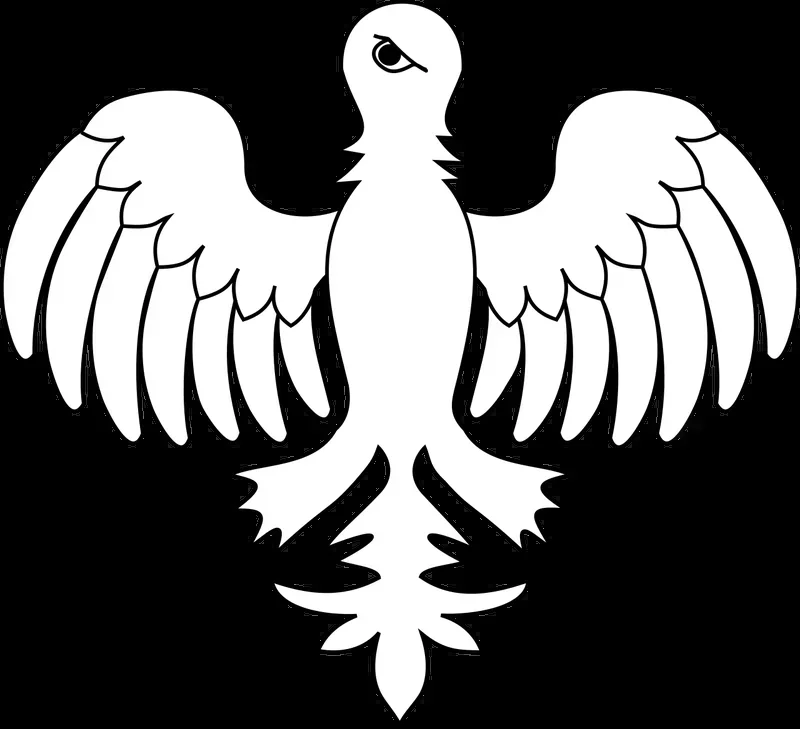Heracles

Heracles stands as the most renowned hero in Greek mythology, a divine champion born from the union of Zeus and Alcmene while being raised as the foster son of Amphitryon. Originally named Alcaeus or Alcides, he shares lineage with Perseus as both a descendant and half-brother through their divine father. Unparalleled among Greek heroes, Heracles established a legendary legacy that spawned royal bloodlines claiming descent as Heracleidae.
He defended the Olympian order against chthonic monsters, embodying the triumph of civilization over chaos. Romans later embraced him as Hercules, with emperors like Commodus and Maximian frequently associating themselves with his powerful image. The twelve Labors of Hercules remain his most celebrated adventures, though countless tales of his extraordinary life circulated throughout the ancient world.
Hellenistic poets elevated his mythology to new heights of poetic and tragic expression. His iconic imagery, particularly the lion-fight motif with Near Eastern origins, became universally recognized. Uniquely among Greek heroes, Heracles transcended traditional boundaries between mortal and divine.
As Pindar described him—"heros theos" (hero god)—he received dual veneration through both heroic chthonic libations and godly altar sacrifices, representing the closest Greek equivalent to a true demigod. Walter Burkert has traced the core Heracles narrative to Neolithic hunter culture and shamanic netherworld-crossing traditions. Some scholars suggest his myths may have evolved from the actual accomplishments of one or several historical figures whose deeds grew increasingly exaggerated over time.


